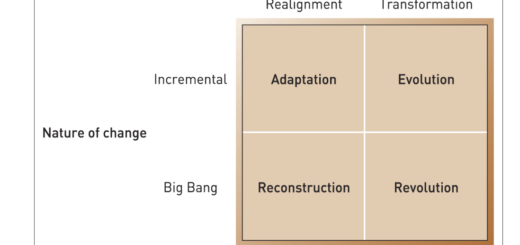Jobs and skills transformation affect graduate employability
Jobs and skills transformation can have both positive and negative effects on graduate employability, depending on the individual’s skills and ability to adapt to changing labor market demands. Here are a few ways in which jobs and skills transformation might affect graduate employability:
- Increased demand for digital skills: With the increasing use of digital tools in the workplace, there is a greater demand for workers with digital skills, such as data analysis, programming, and digital marketing. Graduates with these skills may be more employable and in demand.
- Changing nature of work: Jobs and skills transformation can lead to a shift in the nature of work, with a greater emphasis on tasks that require human skills, such as creativity, problem-solving, and emotional intelligence. Graduates who are able to demonstrate these skills may be more attractive to employers.
- Emerging industries and job roles: Jobs and skills transformation can create new industries and job roles that did not exist before, leading to new opportunities for graduates. For example, the increasing demand for renewable energy has created new job roles in the clean energy sector.
- Need for reskilling and upskilling: Jobs and skills transformation can create a need for workers to reskill and upskill in order to remain employable. Graduates who are able to demonstrate a willingness to learn and develop new skills may be more attractive to employers.
However, jobs and skills transformation can also have negative effects on graduate employability. For example, if graduates do not possess the necessary skills to adapt to changing job demands, they may struggle to find employment. Similarly, if the skills they have acquired during their studies become outdated or less relevant due to changes in the labor market, they may also struggle to find employment.
| Basis for Transformation | Ways it May Affect Graduate Employability |
|---|---|
| Technological Advancements | 1. Increased demand for digital skills, such as data analysis, programming, and digital marketing. 2. Shift in the nature of work, with a greater emphasis on tasks that require human skills, such as creativity, problem-solving, and emotional intelligence. 3. Need for reskilling and upskilling in order to remain employable. |
| Economic Changes | 1. Changes in demand for different types of jobs may affect availability of graduate level positions. 2. Potential for increased competition for jobs. 3. Need for flexibility and adaptability in job search and career planning. |
| Industry Disruption | 1. Disruption to traditional job roles and industries may require graduates to consider alternative career paths. 2. Need for upskilling and reskilling to adapt to changing job markets. 3. Potential for increased competition for positions in certain industries. |
| Social and Environmental Changes | 1. Emphasis on social responsibility and sustainability may lead to increased demand for graduates with relevant skills. 2. Need for graduates to be aware of and adaptable to changing social and environmental factors. 3. Potential for increased competition for jobs in certain socially and environmentally conscious industries. |
The table above outlines how jobs and skills transformation in areas such as technological advancements, economic changes, industry disruption, and social and environmental changes may affect graduate employability. These transformations may create new opportunities for graduates with in-demand skills, but also require flexibility and adaptability to remain competitive in the job market.



Woah! I’m really loving the template/theme of this blog. It’s simple, yet effective. A lot of times it’s challenging to get that “perfect balance” between usability and appearance. I must say you have done a fantastic job with this. Also, the blog loads extremely fast for me on Opera. Exceptional Blog!
My brother recommended I might like this website. He used to be entirely right. This publish actually made my day. You can not imagine simply how so much time I had spent for this information! Thanks!
I like this blog so much, saved to fav.